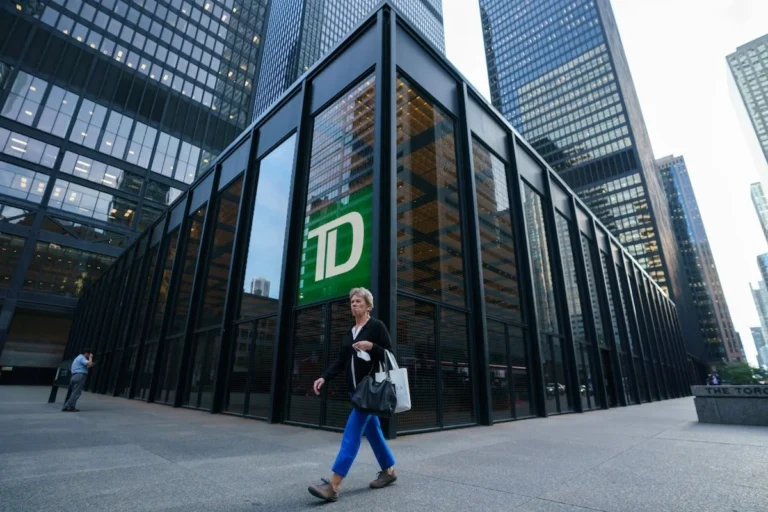Hook: Imagine living in a country that once banned Bitcoin but is now preparing to embrace cryptocurrencies with open arms. This is Morocco’s bold new move that could change its financial future—and here’s why it matters to you.
What’s Happening?
Back in 2017, Morocco banned cryptocurrencies like Bitcoin. They labeled them illegal, fearing financial instability. But guess what? That didn’t stop Moroccans from adopting digital assets. Despite the ban, crypto’s popularity kept growing. Fast forward to now: Morocco’s central bank, Bank Al-Maghrib, is flipping the script and drafting a law to regulate crypto instead of outlawing it.
Abdellatif Jouahri, the head of the central bank, revealed that this draft law is in the adoption phase. The aim? To legalize cryptocurrencies in a controlled, regulated way, ensuring safety and financial innovation.
Why Now?
- Global Crypto Surge: Bitcoin nearly hit $100,000 recently, sparking massive global interest. Morocco’s timing aligns with this hype.
- Inspired by Europe: The European Union is leading the charge with its Markets in Crypto-Assets Regulation (MiCA) framework, the first comprehensive global crypto law. Morocco wants to follow suit, showing how big players can inspire smaller economies.
- Financial Inclusion: The central bank is also exploring a Central Bank Digital Currency (CBDC). These are digital currencies issued by central banks, designed to make financial systems more inclusive and efficient.
Key Steps Morocco is Taking:
- Drafting Crypto Regulations: A formal law to bring crypto into the legal framework.
- Studying CBDCs: Exploring how digital versions of the Moroccan Dirham could improve financial inclusion.
- Learning from MiCA: Using Europe’s MiCA as a blueprint to ensure safety, transparency, and fairness in crypto markets.
Why Should You Care?
This move is part of a global wave of crypto acceptance. Countries like Morocco are starting to see that banning crypto isn’t effective—people will still use it. Instead, regulating it can unleash its potential for financial innovation, attract investments, and create opportunities.
Morocco’s decision could:
- Boost Financial Access: Many Moroccans lack access to traditional banking, but crypto can bridge that gap.
- Set a Trend: Other African nations might follow Morocco’s lead, sparking a continental shift in crypto policy.
- Strengthen Global Adoption: As more countries regulate crypto, it becomes less of a risky wild card and more of a legitimate financial tool.
Key Words to Remember:
- Cryptocurrency Regulation: Rules to make crypto use safe and legal.
- MiCA: Europe’s groundbreaking crypto framework that’s inspiring global policies.
- CBDC: Central Bank Digital Currency, a government-backed digital coin.
- Financial Inclusion: Ensuring everyone has access to financial services, including the unbanked population.
Why Is This Important for Your Knowledge?
Understanding Morocco’s shift teaches you about the power of regulation in shaping crypto’s future. It shows how countries can go from banning to embracing digital assets—and why this matters for the global economy. If you’re into crypto, this is a reminder that regulations are not just barriers; they’re also bridges to mainstream acceptance.
By learning about moves like this, you can better predict how governments and markets will shape the crypto landscape. And if you ever think about investing, building tech, or even working in this field, you’ll know the direction the world is heading.


